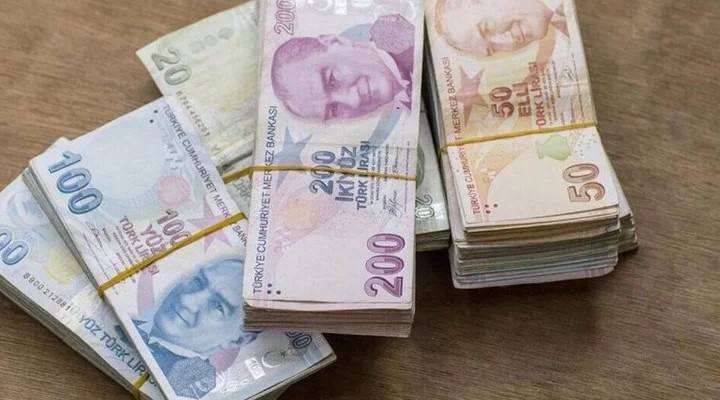Golf Tourism
Turkey is a center where quality and prestige meet, bringing together world golf lovers with international golf facilities that have been put into service in recent years.
Yacht Tourism
Surrounded by seas on three sides, Turkey is a paradise for yachtsmen with its bays and gulfs of extraordinary beauty, well-equipped marinas.
Congress Tourism
Located at the junction of Europe and Asia, Turkey is a great venue for meetings, intensivities and congresses.
Faith Tourism
Turkey, which has been home to both polytheistic and monotheistic religions throughout history, has artifacts that people of all faiths should see.
Plateau Tourism
Turkey, which has its own geography and climate, has an important place in the rich living culture of highland life.
Cave Tourism
There are approximately 40,000 caves in Turkey, which is a “cave paradise” country compared to other countries in the world.
Underwater Diving
Important shipwrecks and underwater caves in Turkish waters are waiting to be discovered by divers.
Health and Thermal Tourism
Turkey, which has rich and healing thermal waters, is a spa paradise and awaits those seeking healing with its qualified facilities.
Winter Tourism
Turkey is an important winter tourism center with its high mountains on which there is no lack of snow in summer and winter and the ski facilities established in these mountains.
Silk Road
Anatolia has formed one of the most important crossroads of the historical Silk Road, which starts from China, crosses Central Asia and extends to Europe.
Air Sports
Turkey is a country that should be discovered for air sports enthusiasts such as paragliding, hang gliding, gliding, parachute, balloon.
Alpinism
With its mountains scattered in all regions of the country, at different heights, with rich flora and fauna, Turkey awaits nature-loving and adventurous people.
Hunting Tourism
Turkey’s geographical structure, vegetation and wildlife offer an important potential to those who are interested in hunting and hunting tourism.
Whitewater – Rafting Tourism
Turkey, which has long and exuberantly flowing rivers that surround the country, offers an important river tourism potential to its visitors for water sports.
Bird Watching
Bird watching is an observation sport that allows you to get to know nature from the world of birds. Birds, which are the best indicator of a healthy environment, are found in all kinds of living environments. So far, 450 species of birds have been recorded in Turkey.

